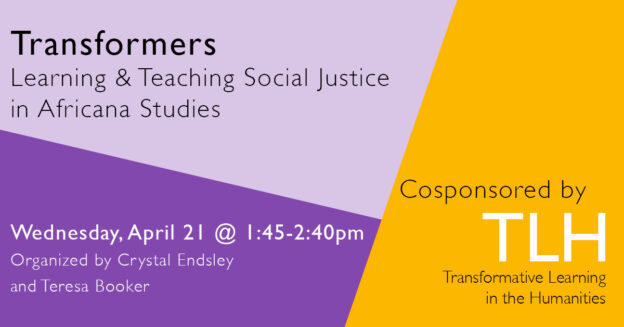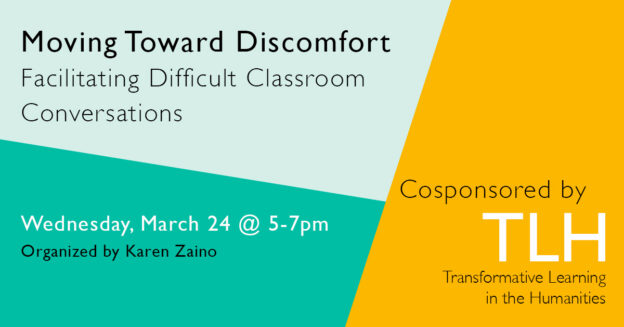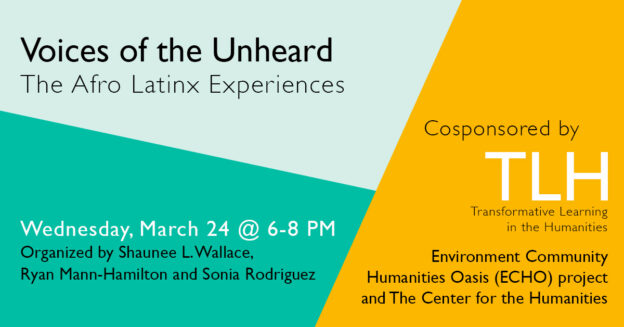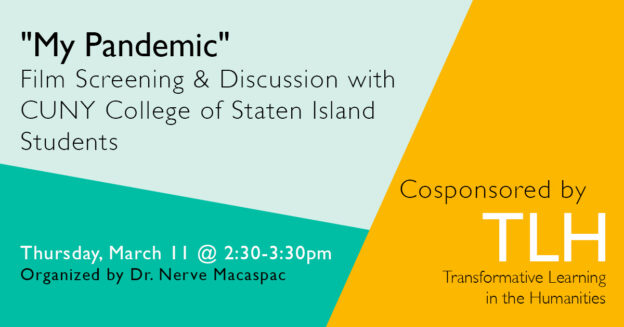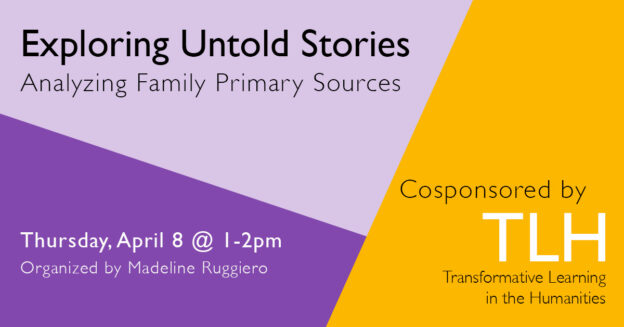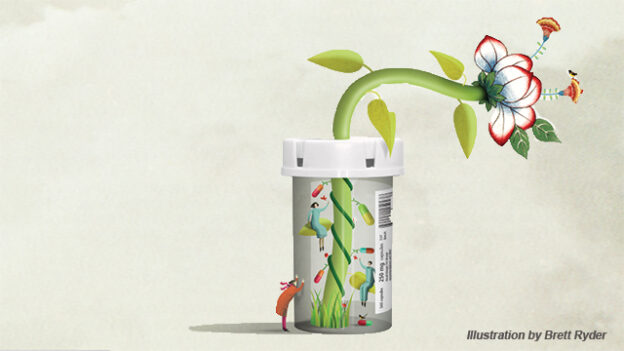This post was written by Contributing Author Dr. Crystal Leigh Endsley, Associate Professor of Africana Studies at John Jay College of Criminal Justice.
When I first began discussing the development of this TLH event proposal with my collaborator and co-conspirator for social justice, Dr. Teresa A. Booker, we hoped to accomplish two things. First, we wanted to demonstrate the vibrant and robust contributions of our small department. Second, we wanted the event itself to model the techniques we would be featuring in the content; namely, collaborative work. Continue reading
